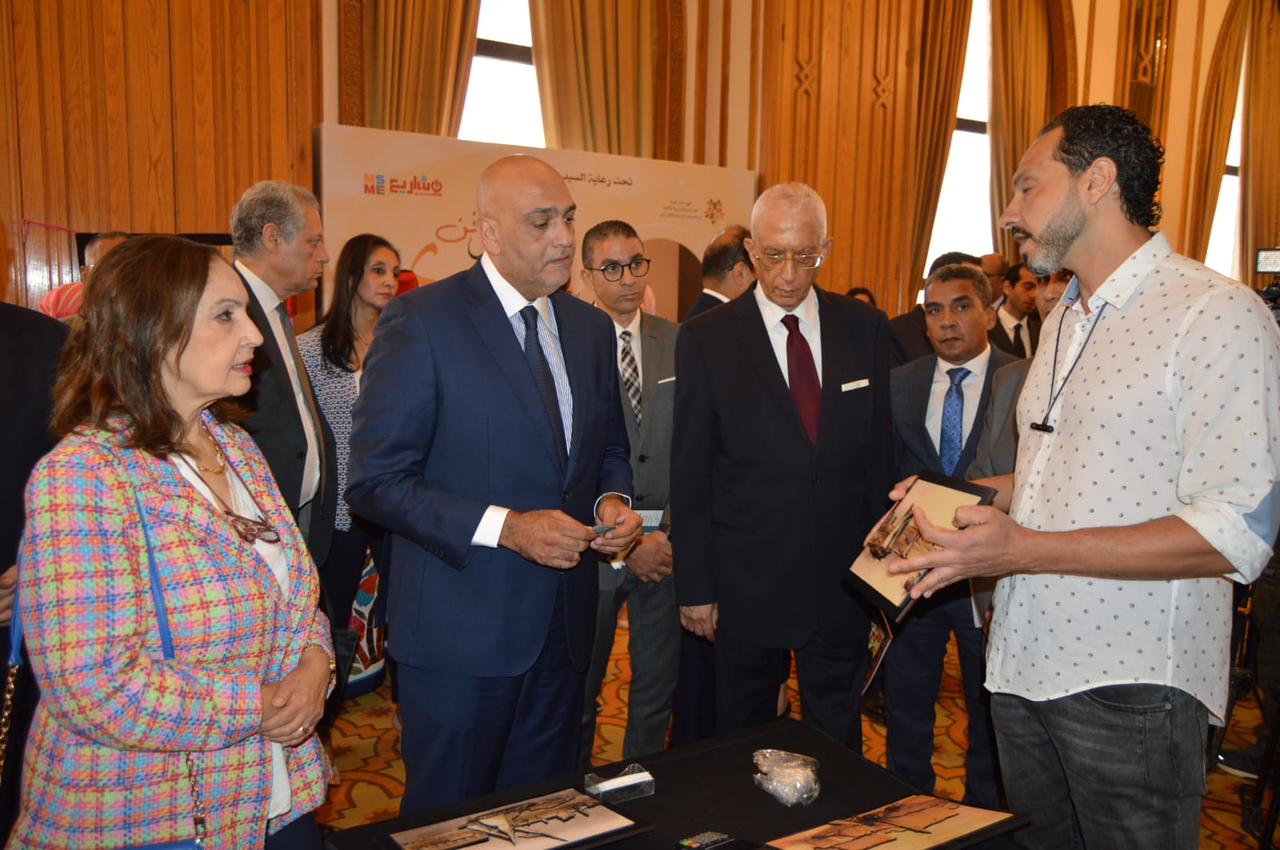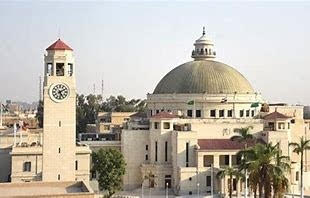The serious combat of illegal migration takes various forms, not least among them being the creation of livelihood opportunities that would persuade would-be migrants to stay in their home countries and thrive. In Egypt, one such innovative method is to encourage artisans and handicraft producers to produce goods of exceptional character and quality, that would be marketed across the world. The first step towards introducing these products to international markets is sponsored by Egypt’s Foreign Ministry which holds annual exhibitions of the crafts produced, aiming to familiarise foreign ambassadors and diplomats with the products of the young artisans and small business owners, and to facilitate communication among them to promote purchases both locally and outside Egypt.
This year’s exhibition was held last June, under the rubric: “Buy Egyptian Art: Egyptian Products Travel across the World”.
Interactive platform
The 11th edition of “Buy Egyptian Art” opened on 21 June 2023 at the Cairo headquarters of the Egyptian Ministry of Foreign Affairs. The exhibition was held under the auspices of the Foreign Ministry, and was organised in cooperation with both the Micro, Small and Medium Enterprises Development Agency (MSMEDA), and the National Coordinating Committee for Combating and Preventing Illegal Migration and Trafficking in Persons (NCCPIM & TIP). Representing the three entities at the opening were Ambassador Hamdi Loza, Deputy to the Foreign Minister; Basil Rahmi, CEO of MSMEDA; and Ambassador Naela Gabr, CEO of NCCPIM & TIP.
NCCPIM & TIP, which is affiliated to the Egyptian Cabinet, organises the exhibitions for traditional handicrafts, which the Foreign Ministry then hosts with a view to introducing ambassadors and diplomats to the artisanal products handcrafted by Egyptian craftspersons and small business owners. The idea is to create links between both sides in order to promote the sales of the crafted goods.
In short, such exhibitions represent an interactive platform that gather young producers on one side and the Egyptian and foreign diplomatic community on the other to open marketing prospects through improving the communication and marketing skills of exhibitors.
MSMEDA provides support to exhibitors through packages of technical and financial support with an eye to supporting young people in setting up successful businesses that contribute to the national economy and achieve sustainable job opportunities.

Youth, women, persons with disabilities
This year’s edition displayed products produced by women from various Upper Egyptian governorates, who benefited from training courses funded by the Spanish agency for international cooperation, to enhance their skills; also women who took training courses on exporting artisanal crafts, funded by the International Islamic Trade Finance Corporation.
A number of NGOs that support artisanal crafts participated in the exhibition, as did youth and women associations and initiatives, including the National Council for Women, in addition to associations that foster creative and artisanal projects which employ persons with disabilities. The exhibits included rugs; textiles; garments; woodwork; silver and copper ware and jewellery; macramé and palm frond products; from various regions in Egypt.















